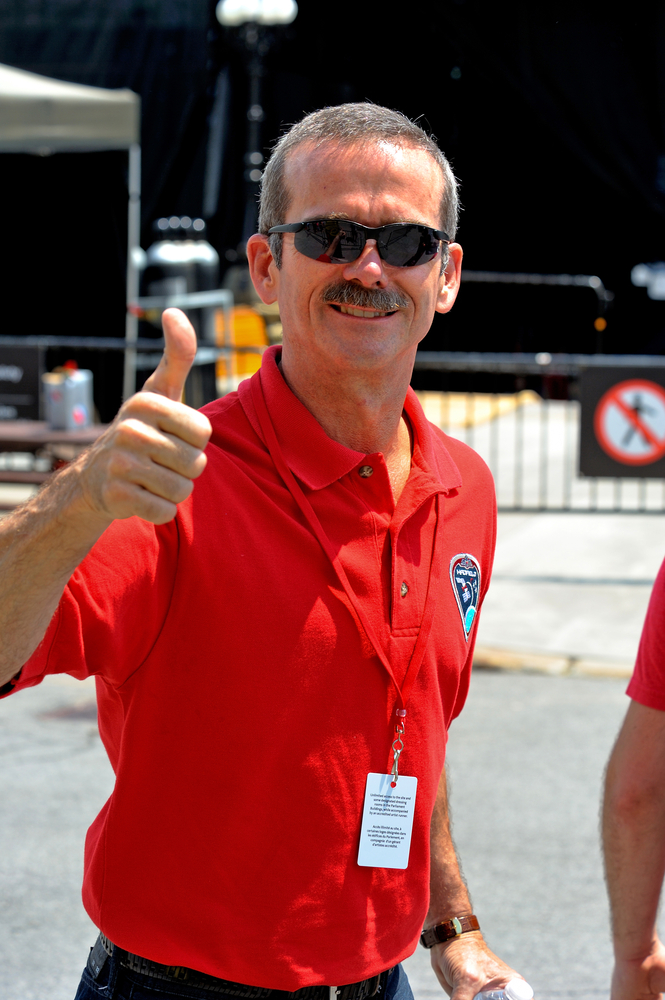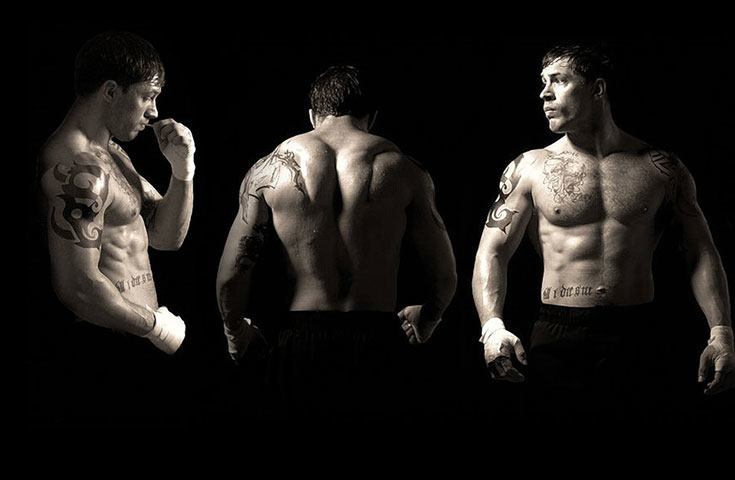
“The secret to moving passions in others is to be moved oneself”
Aristotle
We were reading recently about how Tom Hardy brought his real life experiences into his role as a troubled ex-marine-turned-cage fighter Tommy in the critically acclaimed film ‘Warrior. ’
“The action drama is a paean to redemption and the power of the human spirit, themes that resonate strongly with Hardy.”
At the time that he made ‘Warrior’, American critics were comparing Tom Hardy to a young Marlon Brando, one of the greatest ever method actors. The star of Bronson, Lawless, The Dark Knight Rises, Tinker, Tailor, Soldier, Spy, Inception and the forthcoming Mad Max remake has more life experience than most Hollywood actors to draw on when it comes to playing a character like Tommy.
With a history of drug and alcohol abuse, stealing, gun possession and jail time, he had a deep chest of experiences to channel into tortured ex-marine Tommy.
“I don’t need to discuss or work around the abuse that surrounds alcoholism and dysfunction in families who suffer from that disease because it’s something I can draw on from personal experience.”
Reading about how Tom Hardy connected with the sadder side of Tommy prompted us to think about how the power of bringing real life into character as actors.
Life comes first. What I see in the characters, I first try to see in life
Daniel Day Lewis, Method Actor
The Method is a technique allowing you to inspire yourself at will, in part, by reliving your own life experiences and channeling them through the character. It is the creative (re)experiencing of memory and experience on stage or screen.
“Experience makes the doors open”
Marion Cotillard, Backstage
This is the essence of Konstantin Stanislavsky’s ‘system’ which, we think, lends a greater and deeper truth and humanity to the character. In ‘Warrior’, the spellbinding action in the cage is only half of the story. The emotional and psychological turmoil in its central characters is the other.
Tom Hardy was absolutely believable and compelling as Tommy. He used the ‘affective memory’ method acting technique to create a character that was human and very much alive, not to mention the muscle bulk he put on for the role! Hardy’s ability to draw on poignant personal experiences and channel them is what makes him one of the leading method actors working in Hollywood today.
“The fight is within me, and I’ve been to all kinds of different rooms in my life”
Would you like to learn more about ‘the method’ and how it can help your acting career? Why not take a look at our range of acting courses? Alternatively, why not read my book?
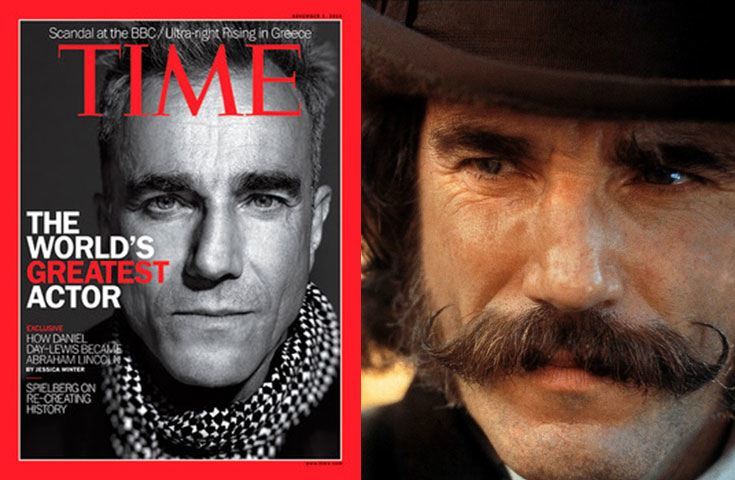
“films don’t begin only when the camera starts rolling”
Most headlines you read about Daniel Day-Lewis, will talk about the “madness” of his method. Is it “madness” or a unique and brilliant brand of method acting that has brought his widespread and universal acclaim?
Despite only having made a dozen films in his career, he remains the only actor ever to win 3 Best Actor Academy Awards. There may be madness in his method, but it sure is working for him!
Daniel Day Lewis’s Unique Method
Day Lewis famously spent the entire shoot of Oscar-winning My Left Foot (1989) in a wheelchair to get into character as cerebral palsy-sufferer Christy Brown. For Last Of The Mohicans (1992), he lived in the woods and learned how to track, kill and skin wild animals. To prepare for In the Name Of The Father (1993), in which he played Gerry Conlon of the Guildford Four, he had himself incarcerated over night and mistreated by the guards. For The Unbearable Likeness Of Being (1988)he took it upon himself to learn Czech, despite the script being in English.
The stories of Daniel Day Lewis’ unique method are well known and very well documented. The man only makes a film every couple of years, and so the story of his preparation for a role is often as talked about as the role itself!
He shuns the spotlight, and is visibly uncomfortable discussing his roles. His reclusiveness creates a level of mystique and intrigue around his process.
“You move very quickly from self-consciousness to a place where you are no longer aware of the decisions you are making, of the life that is taking shape. And that’s how it has to be, because self-consciousness is death in front of the camera.”
While Day Lewis’s method acting has earned him multiple gongs, his real achievement is creating characters that are completely believable and authentic. Daniel Day Lewis doesn’t play the character. He is the character.
“He believes so fervently that he is the character he is playing that audiences are swept along with him.”
In Lincoln (2012)for example, Day-Lewis created a voice and persona for a real historical figure. Given that Abraham Lincoln died in 1865, there are no audio or video recordings of the Civil War-era President. Day-Lewis employed the best of his method techniques to get inside the head of a character he knew little about, to create the voice and character was saw on the screen.
The result won him his third Best Actor Oscar.
While the method that we teach is less about extreme measures, and more effective techniques to channel the character you are playing, Daniel Day Lewis is certainly a fine example of the proven success of the method.
Would you like to train in method acting? Get in touch today to find out more about our courses.

“Method acting is what all actors have always done whenever they acted well.”
Lee Strasberg
To train in method acting is to really get to the foundations of acting. As the founding father of the modern method, Lee Strasberg, put so beautifully, “method acting is at the heart of every convincing performance.”
Method acting cuts straight to the heart of character.
Putting All Your Eggs In One Basket?
While many acting schools will teach the method as one element of a comprehensive acting portfolio, we concentrate exclusively on teaching the method.
Why?
The method approach asks performers to draw on their own experiences and emotions for an interior understanding of the part. Rather than becoming inspired on cue, or summoning an emotion, the method teaches you to channel your own experiences to add more authenticity to the character.
Critics, however, have written that training exclusively in the method is a hindrance, and is equivalent to putting all your eggs in one basket.
However, when 80% of all Best Actor Academy Awards have been awarded to method actors, and the only person to win three Best Actor Oscars is devoted method actor Daniel Day Lewis, we think it’s a pretty good basket to be in.
“When the imagination frees itself, you have no goddamn idea what’s going to happen. So it’s not a constrictive or restrictive way of working – quite the opposite.”
Daniel Day-Lewis
Proven Record
“The difference between a movie star and a movie actor is this – a movie star will say ‘How can I change the script to suit me?’ and a movie actor will say ‘How can I change me to suit the script?’”
The method is used to some degree by most successful actors. It allows them to achieve the intensity and emotion required in emotional scenes. While the method has been ridiculed for extreme examples of actors living in the woods or walking on broken glass, it is at the heart of most great performances.
We are not implying that only actors who studied the method are good actors, but rather that method acting should be recognised as a solid foundation of training. It will serve you well in any role, and in understanding any character that you may play in the future.
It does not shackle or hinder actors in the way some critics have argued. It is as good a foundation for a career in acting as any classical training.
In fact, actors who have come to us off the back of classical drama school have found that the method unlocked new, untapped areas of their performance.
Our method acting classes are comprehensive and affordable, held predominantly on weekends to allow you to work around your studies. As well as teaching method techniques, we also cover more practical elements of the industry such as auditions, marketing and promotion.
We offer training in the method that is relevant to the modern industry and is a solid foundation for any accomplished performance. If you are interested in our method acting courses, but aren’t sure if they’re right for you, why not take a look at some of our testimonials from past students?
Want to know more about our method acting classes?
LA Video 2: This is video is all about where emotion comes from and how to create it. Enjoy!
Video from LA: I was in LA recently with my students and there were quite a few revelations! This video is about something you would think actors do for auditions but don’t…but REALLY should if they want the job.
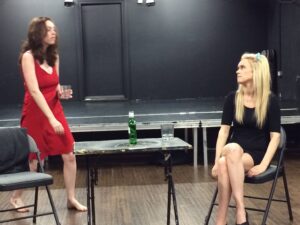 One of the major issues faced not only by actors in training but by many professional actors too, is not wanting to fail.
One of the major issues faced not only by actors in training but by many professional actors too, is not wanting to fail.
One of my students compared it to defusing a bomb on stage. One wrong move and – BANG! – the whole thing blows up in your face. To avoid this, in the same way as if you were defusing a bomb, you stop breathing and restrict your movements.
The other interesting aspect of this analogy is that if you are blown up, you die. That is exactly how it feels if you screw up on stage. You may have heard many a comedian describing the experience of no one laughing at their jokes as dying.
You see, the ego is involved in all this. The ego doesn’t want you in any sort of danger – and from the ego’s point of view, going in front of thousands or millions of people to perform feels like you are going into a very dangerous situation.
So what does it do? It tells you to stop and not make a wrong move or you will experience something similar to death.
Poor old ego – it does have some funny thoughts.
As an actor, you need to train the ego to move past that fear and to embrace the danger and allow yourself to express yourself fully despite being afraid.
How do you do it? You need acting technique to distract the ego long enough to get involved in what you are doing. In The Method, we use sense memory to do this, amongst other things.
One thing is for sure: you need to take your ego by the hand and calm it down and have a wee chat with it. Otherwise, it can run riot and destroy your performance.
 As well as working on the emotions and behaviour of characters when you get into the final stages of rehearsal, you must also consider the technical requirements.
As well as working on the emotions and behaviour of characters when you get into the final stages of rehearsal, you must also consider the technical requirements.
Here are what I call the 3 A’s, which help to remind you of a few of those requirements.
Articulation – you need to be heard and understood no matter what size of theatre you are working in. Good articulation makes sure that every word is heard.
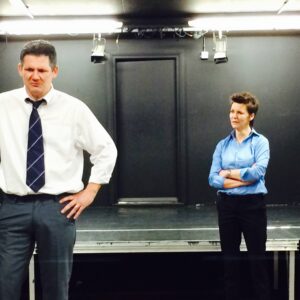
Angles – you need to be aware of your angles on stage. If you go into profile too much, half the audience will not see your performance. You need to angle out towards the audience and be aware of your positions.
Anticipation – you need to anticipate as much as possible. Anticipation of entrances and exits and when your scenes are coming up might sound simple but many an actor has missed a scene because they lost concentration and didn’t anticipate the order of scenes.
For information on the Ultimate Acting Programme visit:
https://www.briantimoneyacting.co.uk/ultimate/

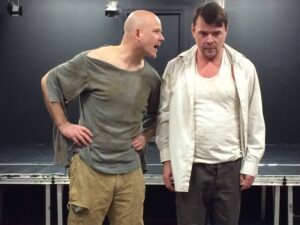
 One of my favourite war films is The Guns of Navarone. The plot revolves around a group of soldiers who are put behind enemy lines in World War II to blow a huge set of guns that are set on a cliff face.
One of my favourite war films is The Guns of Navarone. The plot revolves around a group of soldiers who are put behind enemy lines in World War II to blow a huge set of guns that are set on a cliff face.
One of the men takes responsibility to lead the mission. He doesn’t really like the idea of leading the others but does it anyway. Halfway through the mission, one of the men questions why he is the leader. This is what he says:
‘Someone has to take responsibility to get the job done. Do you think that is easy?’
Every actor likes to think they are leading-actor material but few think about the reality of it until they have to do it.
Yes, there is kudos but with that comes great responsibility. As a leading actor you set the pace and standard for the rest of the cast. If you don’t hit the mark, it affects the whole production.
Everyone looks to you.
To be a leading actor you have to have the ability to lead yourself and others into and out of risky decisions and actions. You can’t wait for someone else to step up and set the standard; if you do, you are not the lead actor – they are. As a leading actor, you go first.
You have to get used to dealing with pressure. The reason there is pressure is that there is responsibility. Many people find it hard enough being responsible just for themselves – but as a leader you are responsible for others and the success of the whole project. No, it’s not easy. But if it was, then everyone would be a leading actor and that’s not the way it is.
If you want to become a leading actor, start by setting an example for others. Make sure you help the other actors you work with and set a high standard in your work ethic. Even if you don’t have the lead role in a production, others will feel that you are a leader in the making and one day someone will see this and give you the position.
At Christmas I read a brilliant book that I highly recommend for all aspiring actors.
It’s called An Astronaut’s Guide To Life On Earth.
Now, you might be thinking I have ‘lost it’ recommending an astronaut book for actors.
Not so.
You will learn more about how to become a successful actor from this book than from any acting-specific book I have read.
Let me explain.
Chris Hadfield, author of the book, became an astronaut against all the odds. In fact, the chances of anyone getting to fly in space as an astronaut are much slimmer than deciding to become a successful Hollywood movie actor.
In his book, Chris describes the process by which he made the impossible possible. At the start of the book he says, ‘I wasn’t destined to be an astronaut. I had to turn myself into one.’
That goes for acting too. I wasn’t born into an acting dynasty; my parents where hairdressers from Glasgow – but I, too, turned myself into an actor.
How did I do it?
The same way Chris describes in his book about becoming an astronaut.
I did the things an actor (or in Chris’s case an astronaut) would do.
Chris from a young age thought about the choices an astronaut would take. Everything – from what he ate to the things he studied and the jobs he chose later in life.
I did the same. When I decided to become an actor, I immersed myself in the world of acting. I read plays, went to the theatre, read acting books, dissected acting performances and went to acting classes. I lived and breathed it. So did Chris. This is the key to becoming anything at any age.
Chris is Canadian, and at the time when he was trying to become an astronaut, Canada didn’t have a space program. Did this stop him? No. He continued doing what he should do to become an astronaut, just in case he got the chance later in life. And he did. Canada later launched a space program.
What faith and commitment. It looked highly unlikely he would get his goal but he didn’t stop going for it.
Chris makes a brilliant point in the book about the work of an astronaut, which resonated a lot with me. Basically, he says that the cool bit about being an astronaut is flying around the world in orbit. But this is just a small part of the job. He goes on to say that If all you want to do is fly around the world, don’t become an astronaut, because much of the work is meticulous, repetitive and requires huge amounts of concentration. If you like this kind of work, then great; if not, then don’t become an astronaut.
In acting, so many people want to be in the Hollywood blockbusters. They just want the cool bit – like flying around the globe. They don’t want to do the meticulous, repetitive and concentrated hard work that goes into becoming a top actor.
Chris also describes how you need to enjoy the work in and of itself rather than thinking about flying round the world. You need to enjoy the process of training for spaceflight. The same goes for acting. To be a great actor, you need to love the process of acting training, regardless of whether you get the big blockbuster part or not.
This last point is what makes the difference between a true actor and someone who wants a bit of attention and the adulation that comes with being an actor: they love the process of acting creation.
There is much more you can learn from Chris’s book. And when you read it, think about how you can apply this to your acting career. If you do, you won’t go far wrong.
You can get Chris’s book on Amazon here:


